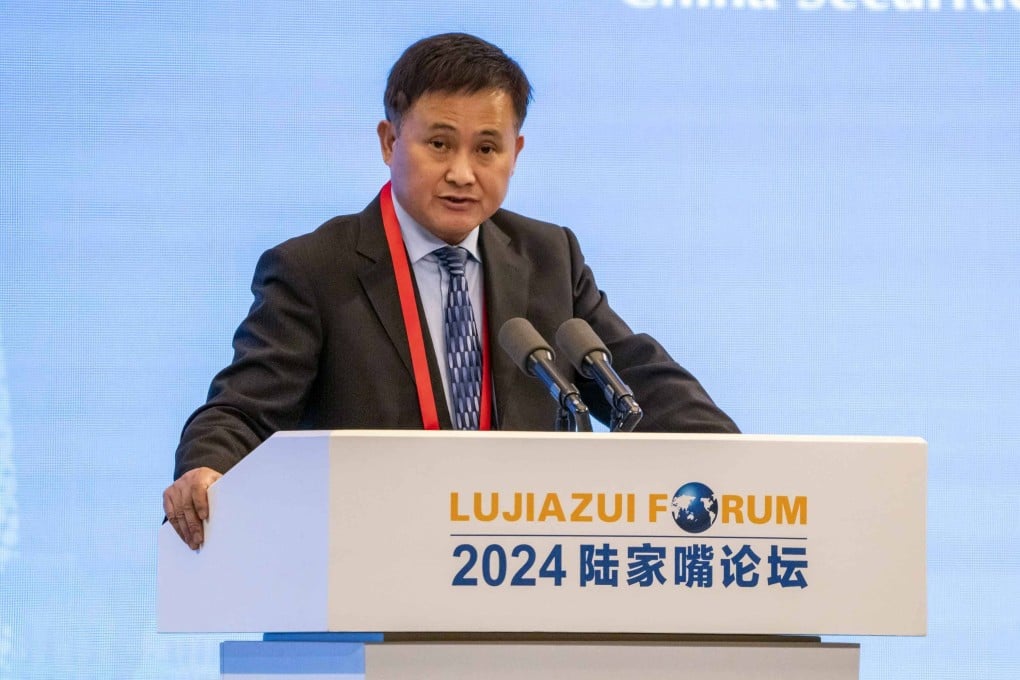Explainer | China’s 3 monetary pivots under the first year of central bank governor Pan Gongsheng
China’s central bank has conducted at least three large monetary adjustments since Pan Gongsheng was named People’s Bank of China governor in July 2023

China has been resetting its financial regulatory structure and monetary mechanism, while also reshuffling its 476 trillion yuan (US$67 trillion) financial industry, as President Xi Jinping released a grand ambition of turning the country into a financial superpower.
1. Pivot to price-based tools
China’s central bank has been pivoting to monetary tools, such as reverse repo rates, loan prime rates and yield curve controls, and moving away from quantitative measures like bank credit.
In recent years, it has also no longer set a growth target for M2 – the broad money supply gauge – new bank loans or aggregate financing.
The shift reflects China’s fast changing economic and financial landscape, with market liquidity seen as ample after rounds of stimulus since 2008, and concerns about risk exposure and a liquidity trap.
M2 had jumped to 303 trillion yuan (US$42.6 trillion) at the end of July from 47.5 trillion yuan at the end of 2008.
